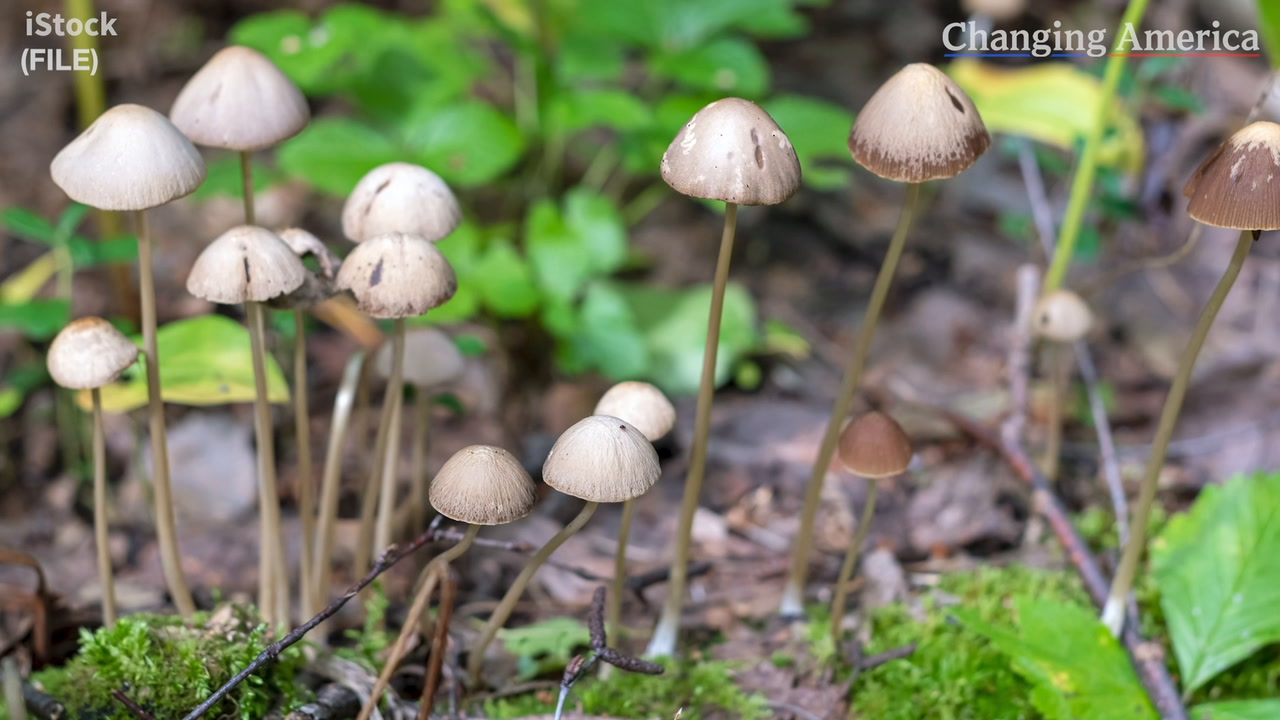Chronic stress and depression can reduce the number of neuronal connections.
Story at a glance
- Yale researchers administered a single dose of psilocybin to mice and used a laser-scanning microscope to image dendritic spines in the rodent’s brain in high resolution.
- Within 24 hours of the single psychedelic dose, researchers observed an immediate and lasting increase in the number and size of dendritic spines.
- The changes were still present in the mice a month after the dose.
The psychedelic drug psilocybin has shown promise in treating depression, and a number of clinical trials into the drug’s therapeutic effects have been conducted in recent years.
But now a new study published by researchers from Yale University in the journal Neuron this week is shedding light on how the compound, the active ingredient found in “magic mushrooms,” may produce its antidepressant effects.
Yale researchers administered a single dose of psilocybin to mice and used a laser-scanning microscope to image dendritic spines in the rodent’s brain in high resolution. The dendritic spines are small protrusions found on nerve cells that play a key role in transmitting information between neurons.
Stress and depression degrade and reduce the number of neuronal connections.
Within 24 hours of the single psychedelic dose, researchers observed an immediate and lasting increase in the number and size of dendritic spines. The changes were still present in the mice a month after the dose.
“We not only saw a 10% increase in the number of neuronal connections, but also they were on average about 10% larger, so the connections were stronger as well,” Alex Kwan, associate professor of psychiatry and neuroscience and lead author of the study, said in a statement.
Mice involved in the experiment that were subjected to stress also showed behavioral improvements and increased neurotransmitter activity.
Psilocybin has long been used for its hallucinogenic effects, which alter the users’ perceptions, in religious ceremonies and recreationally. Researchers said it could be the psychological experience itself that prompts the physiological changes.
“It was a real surprise to see such enduring changes from just one dose of psilocybin,” Kwan said. “These new connections may be the structural changes the brain uses to store new experiences.”
 English
English
 Français
Français

I don’t think the title of your article matches the content lol. Just kidding, mainly because I had some doubts after reading the article.
Very interesting info!Perfect just what I was searching for!Expand blog
Your article helped me a lot, is there any more related content? Thanks!